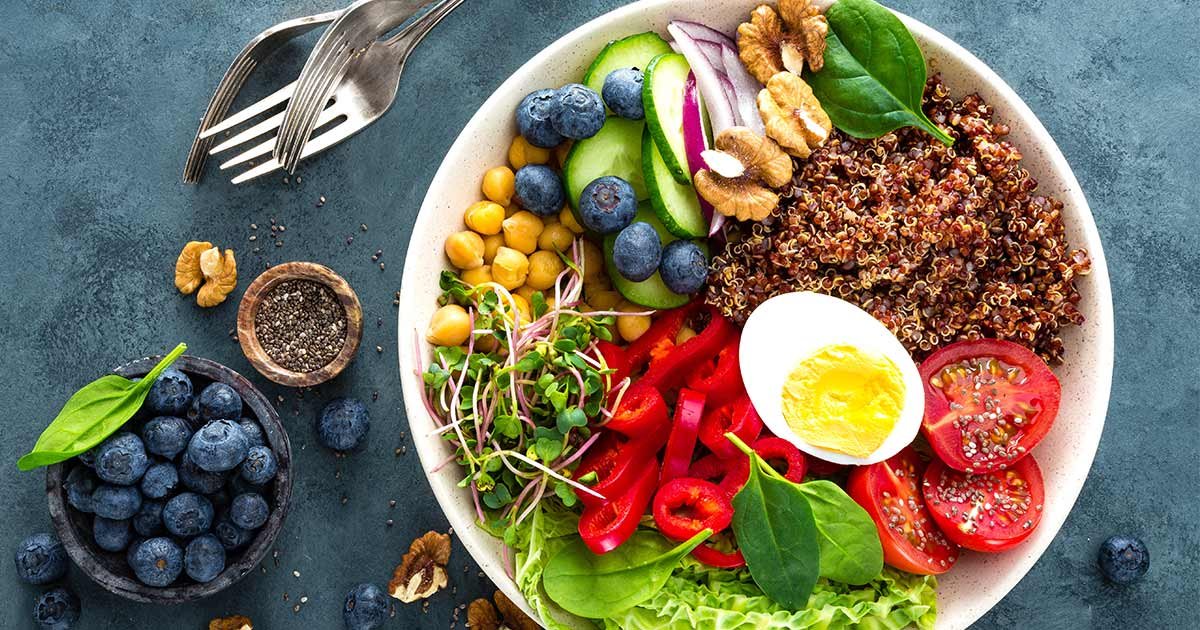Your gut health plays a pivotal role in your overall well-being. Often referred to as the “second brain,” the gut influences digestion, immunity, mood, and even energy levels. A balanced gut microbiome—home to trillions of bacteria—can help you feel your best, while an imbalance may lead to bloating, fatigue, or more serious health issues. The good news? You don’t need expensive supplements or complicated routines to nurture your gut. Incorporating simple, daily habits can naturally improve your gut health and transform how you feel. Here are the best habits to adopt starting today.
Table of Contents
ToggleStart Your Day with Warm Lemon Water
Kick off your morning with a glass of warm water infused with fresh lemon juice. This gentle ritual hydrates your body after a night’s rest and stimulates digestion by encouraging the production of stomach acid and bile. Lemon is also rich in vitamin C, an antioxidant that supports a healthy gut lining. Make it a habit to sip this first thing—before coffee or breakfast—for a refreshing, gut-friendly boost.
Eat More Fiber-Rich Foods
Fiber is the unsung hero of gut health. It acts as fuel for the beneficial bacteria in your colon, helping them thrive and produce short-chain fatty acids that reduce inflammation. Aim to include a variety of high-fiber foods like fruits (berries, apples), vegetables (broccoli, carrots), whole grains (oats, quinoa), and legumes (lentils, chickpeas) in your daily diet. A simple trick? Add a handful of leafy greens or a tablespoon of chia seeds to your meals for an easy fiber upgrade.
Incorporate Fermented Foods
Fermented foods are packed with probiotics—live bacteria that replenish and diversify your gut microbiome. Yogurt, kefir, sauerkraut, kimchi, and kombucha are delicious options to include daily. Just one serving, like a dollop of Greek yogurt with breakfast or a side of sauerkraut with lunch, can introduce beneficial microbes that aid digestion and strengthen your immune system. Opt for unsweetened or homemade versions to avoid added sugars that might counteract the benefits.
Stay Hydrated Throughout the Day
Water is essential for a healthy gut. It helps break down food, move waste through your digestive tract, and prevent constipation. Dehydration can slow digestion and disrupt the balance of gut bacteria. Aim for at least 8 glasses of water daily, and enhance it with hydrating foods like cucumber, watermelon, or herbal teas. Keep a reusable water bottle handy as a reminder to sip consistently.
Chew Your Food Slowly
In our fast-paced lives, it’s tempting to rush through meals, but digestion begins in the mouth. Chewing thoroughly breaks food into smaller pieces, making it easier for your stomach and intestines to process. It also mixes food with saliva, which contains enzymes that kickstart digestion. Make it a habit to put your fork down between bites and savor each mouthful—your gut will thank you.
Limit Processed Foods and Sugar
Highly processed foods, artificial sweeteners, and excess sugar can wreak havoc on your gut microbiome. They feed harmful bacteria, leading to inflammation and imbalance. Swap out sugary snacks or fast food for whole, nutrient-dense alternatives. For example, replace a candy bar with a handful of nuts or a piece of fruit. Gradually reducing these culprits can help your gut reset naturally.
Move Your Body Daily
Physical activity isn’t just for your muscles—it benefits your gut too. Exercise increases blood flow to your digestive organs and promotes regular bowel movements. It also supports a diverse microbiome, according to recent studies. You don’t need an intense workout; a 20–30-minute walk, yoga session, or light stretching each day can make a difference. Find a routine you enjoy and stick with it.
Prioritize Sleep
Your gut follows a circadian rhythm, just like the rest of your body. Poor sleep disrupts this rhythm, affecting digestion and microbial balance. Aim for 7–9 hours of quality sleep each night by establishing a calming pre-bed routine—think dim lights, no screens, and perhaps a cup of chamomile tea. A well-rested body supports a happier, healthier gut.
Manage Stress Levels
Chronic stress can throw your gut out of whack by altering its bacterial composition and increasing inflammation. Incorporate stress-reducing habits like deep breathing, meditation, or journaling into your day. Even five minutes of mindfulness can calm your nervous system and, in turn, your gut. Pair this with a hobby you love to keep stress at bay naturally.
Eat a Rainbow of Plant Foods
Diversity in your diet leads to diversity in your gut microbiome—a key marker of gut health. Fill your plate with colorful plant foods like red peppers, purple cabbage, yellow squash, and green spinach. Each hue offers unique nutrients and polyphenols that feed beneficial bacteria. Challenge yourself to try a new vegetable or fruit each week to keep things exciting and gut-friendly.
Final Thoughts
Improving your gut health doesn’t require drastic changes—just consistent, intentional habits. By nourishing your body with whole foods, staying active, and managing stress, you can cultivate a thriving gut microbiome naturally. Start small: pick one or two habits from this list and build from there. Over time, these daily choices will compound, leaving you with better digestion, more energy, and a stronger foundation for long-term health. Your gut deserves it—and so do you!
